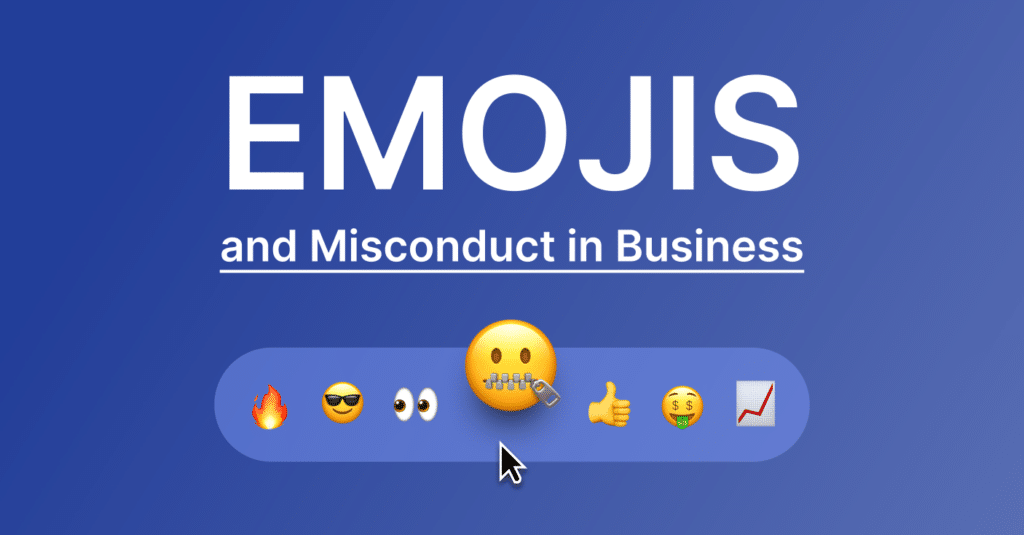Forex Trade Rigging Scam Resurfaces at Standard Chartered

State Regulators Uncover a Conspiracy to Defraud Forex Investors
According to the DFS’s investigation, Standard Chartered engaged in fraudulent activities aimed at maximizing profits and minimizing losses – at their client’s expense. Traders conspired to manipulate early market currency prices through a number of illegal means. The DFS uncovered a number of prohibited market manipulations, including traders colluding on the spread and trading among banks, engaging in non-compete agreements on costs and spreads between traders, and disclosing protected client information. The DFS also came to the conclusion that Standard Chartered’s management failed to adequately supervise the bank’s Forex business, and deterring this irresponsible behavior is part of the reason why the penalty was so high.
This recent event seems to be part of a larger Forex fraud scandal uncovered in June 2013. The scandal involved several banks that had conspired to manipulate currency exchange rates for nearly a decade. The case led to a global investigation that racked up nearly $10 billion in penalties against a number of large banks, although the fact that the issue resurfaced again at a new financial institution several years later caught many in the investment community by surprise.
Electronic Communications Expose Fraud
The DFS found that Standard Charter traders used chatrooms and other informal electronic means of communications to further their conspiracy. Banks must monitor electronic communications between and traders and the colleges and clients, but the guilty parties at Standard Charter looked for unmonitored channels to perpetuate their fraud. And with new mediums for electronic communications arising every day, there is an overwhelming number of internal channels that could allow unsavory traders to commit fraud.
Technological advancement has led to the development of sophisticated avenues for electronic communication, many of which can be kept private through encryption. Many traders use apps like WhatsApp, Telegram, and iMessage that banks do not monitor. Naturally, this brings a higher risk of fraud. As a result, the effective monitoring of electronic communication has become more important than ever before.
Traders are tactful when communicating with their clients through communication channels that they know to be monitored. These avenues of communication are where banks put most of their monitoring and compliance efforts. But illegal activity between traders happens through more inconspicuous outlets, and new opportunities for fraud and conspiracy arise every day. Fortunately, enterprise software companies are developing technological solutions to the new compliance challenges facing modern financial firms.

Technological advancement has led to the development of sophisticated avenues for electronic communication
Using Artificial Intelligence to Monitor Internal Electronic Communications
Good compliance processes improve operations and deter fraud. Artificial intelligence (AI) and natural language processing (NLP) technologies can help compliance officers immensely. These technologies can help prevent and uncover fraud and other inappropriate behavior occurring on the trading floor by recognizing certain communications and raising alerts on suspicious discussions.
For example, NLP focuses on analyzing and learning words from the human language, this type of programming can actually learn key phrases and words, and it can flag potential indicators of fraud. Financial firms can use NLP programming to recognize certain phrases that indicate possible collusion, such as “Let’s talk in person.” The programming could be rigged to trigger a compliance alert for any possible combination of words, and it grows more effective with every communication it monitors.
AI gets really interesting when you combine its capabilities with the ability to provide the compliance officer with a connection between the eComms recorded and the trades that occurred around that communication. Sprinkle that with some market context and for the first time, the compliance officer has overcome one of his or her main daily struggles, overcoming data silos.
As Standard Chartered recently learned the hard way, financial firms are responsible for ensuring company-wide compliance in an increasingly challenging regulatory environment. MiFID II recently came into effect, and firms in the finance industry will need to comply with the suite of new regulations in the law to avoid severe penalties and fees. As outlined in MiFID II Article 16(7), firms should be prepared to monitor a lot more of their employees’ communications. Even an oversight can be penalized in this regard, so the importance of implementing good compliance processes and monitoring of internal electronic communications cannot be overstated.
Related Articles

Redefining Compliance: Advanced features of Digital Communications Governance solutions
Subscribe to Shield’s Newsletter
Capture everything. Deploy anywhere. Store in one place.


